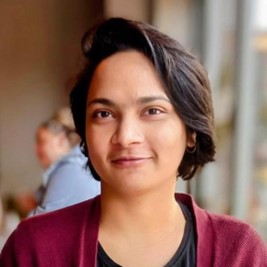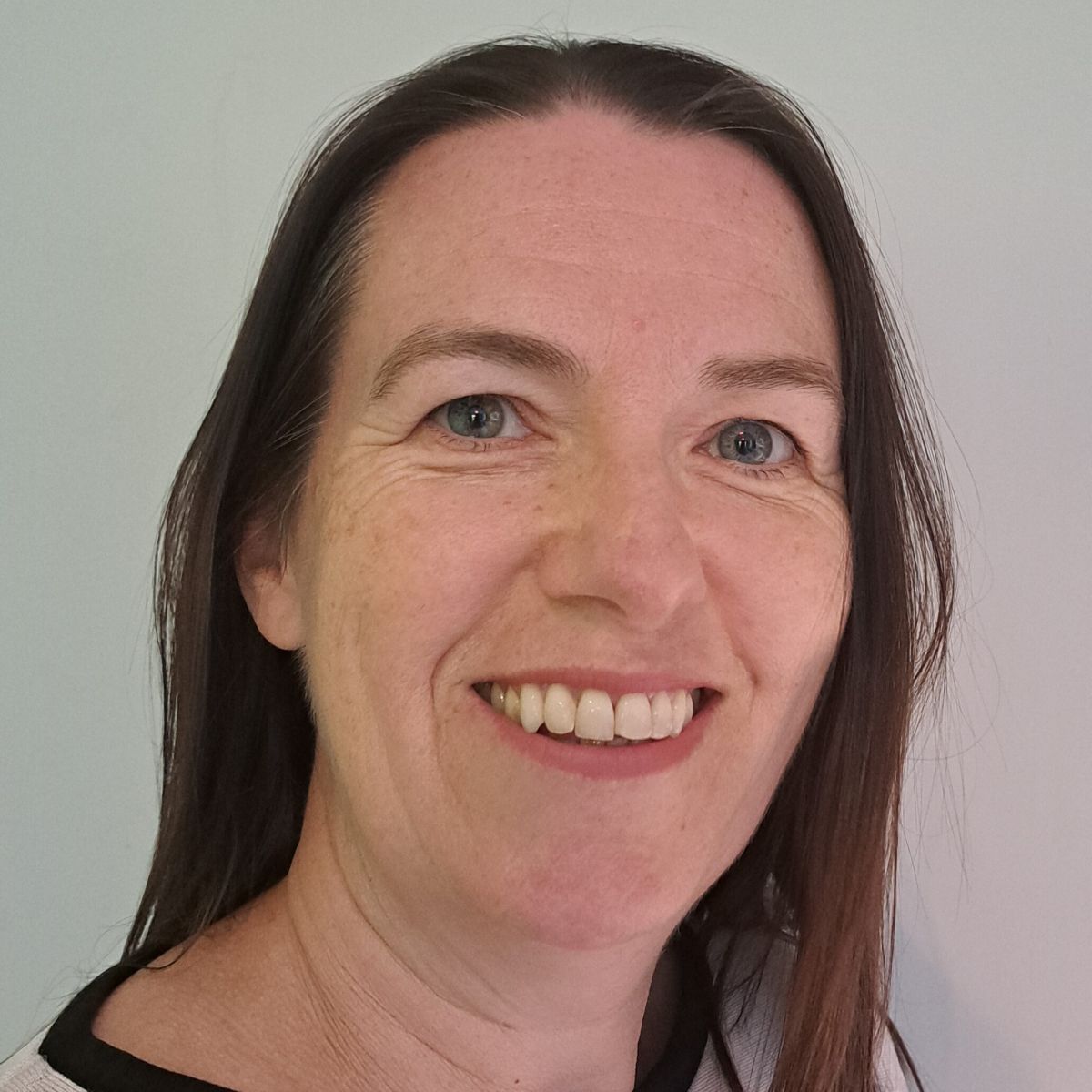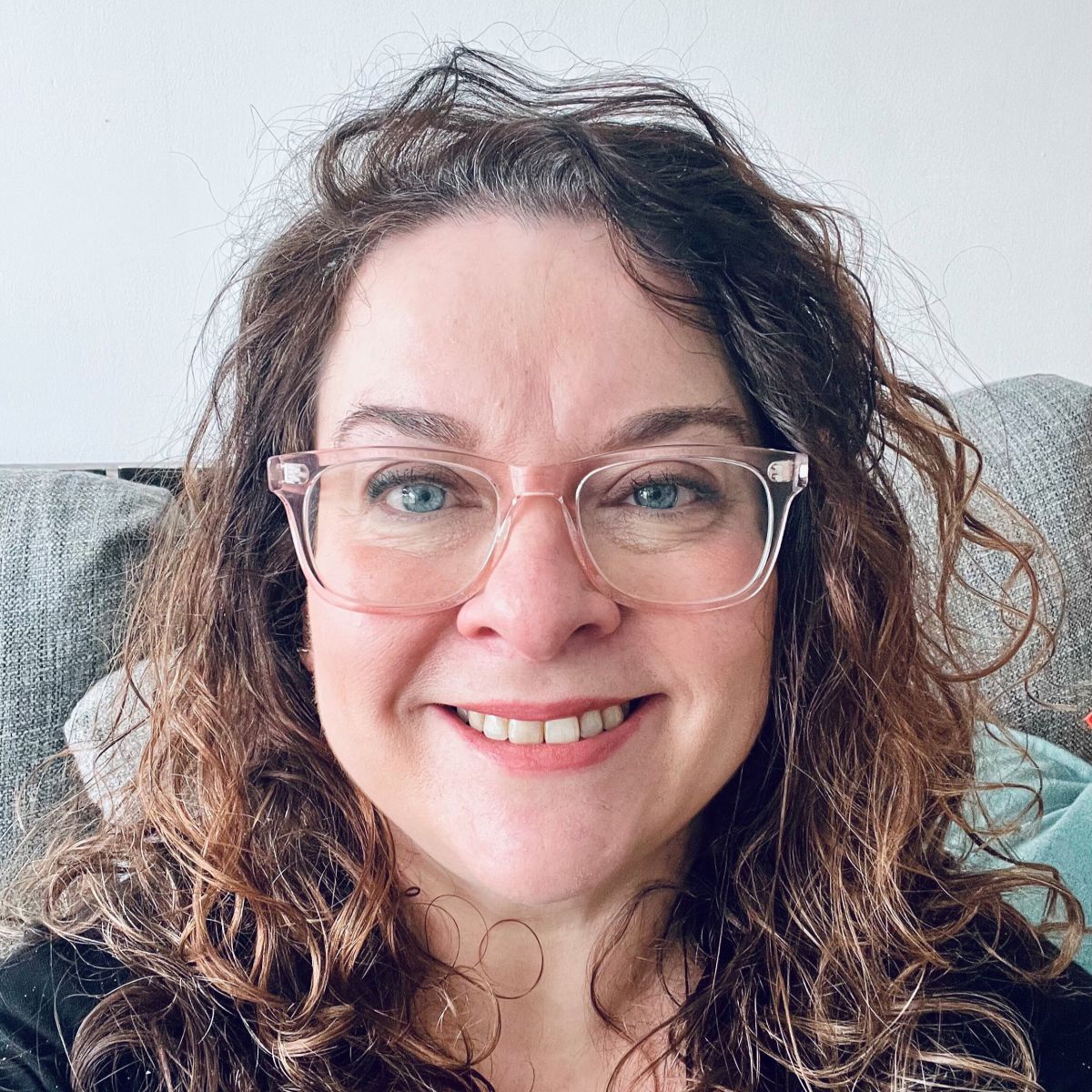- Dates
- Wednesday, April 2, 2025 - 09:45 to 12:00
-
Location
- MSTeams
ABOUT THE EVENT
The demographics are changing! A few decades ago, the typical OU student (if there ever was such a thing) was imagined as a working-class middle-aged woman who studied part-time for a change in life direction. The 1980s film, starring Julia Walters and Michael Caine, Educating Rita, sums this up perfectly. But, the world has changed. While there are fewer older adults, there is an increasing number of 18 – 25 -year olds who, despite the fees - remain keen to attend university and study full-time. This is a shift for the Open University (OU), and we need to explore the implications of this change and how best to respond to it.
In this seminar, we wanted to check the accuracy of any of the assumptions we make about 18- 25 year olds as Higher Education (H.E.) students learning online. What motivates them and how do they feel about inhabiting online learning spaces? How well do our approaches to pedagogy address their needs, and in what ways do we need to change to ensure they can succeed?
EVENT PROGRAMME
9:45 - 10:00 - Delegate arrival
10:00 - 10:10 - Welcome and introduction - Prof. Carol Azumah Dennis
10:10 - 10:40 - Keynote: From Disruption to Transformation: Harnessing Generative AI for Ethical and Equitable Futures in Higher Education - Dr. Achala Gupta
10:40 - 10:50 - Keynote Q&A - Chaired by Prof. Carol Azumah Dennis
10:50 - 11:05 - Creating harmony from Discord ™: Using innovative technology to create a sense of community in distance education - Olivia Kelly
11:05 - 11:20 - Praxis Project Presentation: Peer to peer mentoring network for younger learners on level 1 modules: impact on student support and retention - Danielle Pullen
11:20 - 11:35 - Praxis Project Presentation: A journey through Level 2 study: Exploring the study experiences of students aged 18-25 - Helen Lee
11:35 - 11:55 - Praxis projects Q&A - Chaired by Prof. Carol Azumah Dennis
11:55 - 12:00 - Close - Prof. Carol Azumah Dennis
KEYNOTE
Dr Achala Gupta

The rapid digitalisation of education, intensified by the emergence of generative artificial intelligence (GenAI) tools such as language learning models (LLMs), has profoundly disrupted teaching and learning in higher education (HE). With insights from a British Educational Research Association (BERA)-funded project, this keynote examines the transformative potential and challenges of GenAI in HE. While these tools provide opportunities to broaden access to diverse knowledge sources and enhance graduates’ digital skills, they also pose significant risks. These include the disruption of quality assurance processes, the erosion of principles fostering critical and creative thinking, and the homogenisation of learning experiences based on inequitable assumptions. Furthermore, disciplinary differences shape perspectives on GenAI, reflecting variations in teaching practices, industry links, and assessment methods. This talk will propose actionable strategies, including the formulation of clear institutional policies and the revitalisation of academic integrity education, to ensure GenAI supports equitable, innovative, and ethical educational futures.
SPEAKERS
Olivia Kelly

Creating harmony from Discord ™: Using innovative technology to create a sense of community in distance education
This presentation explores the use of Discord, a popular communication platform, as a tool for fostering a sense of community and improving the learning experience for distance learning students and tutors. By leveraging features such as voice channels, text chat and dedicated topic-based spaces, Discord provides an interactive environment that facilitates peer-to-peer learning, real-time collaboration, and informal discussions. The presentation showcases a Praxis project investigating how Open University students and tutors view using Discord alongside their studies. Furthermore, it examines the potential benefits, such as increased student engagement and the ability to create a more inclusive learning environment. Challenges such as moderation and digital literacy are also addressed. Overall, the presentation aims to demonstrate that, when used effectively, Discord can serve as a valuable tool in the distance learning landscape, encouraging interaction and building community.
Danielle Pullen

Peer to peer mentoring network for younger learners on level 1 modules: impact on student support and retention
Triggered by an increasingly young student cohort in the School of Languages and Applied Linguistics (LAL) at the Open University (OU), and the lack of opportunities to meet fellow students, the Peer Mentoring project was established in 2021. The project self-matched younger students to more experienced peers in a one-to-one, year-long relationship. Data revealed that retention and completion rates of the mentored students were significantly higher than the rates of other young students studying in the School. Peer Mentoring has evolved and is now accessible to all students studying in LAL. Additionally, a cross-Faculty project for care leavers will begin in October 2025. This new initiative will use the infrastructure created and developed in the initial Peer Mentoring project.
Helen Lee

A journey through Level 2 study: Exploring the study experiences of students aged 18-25
This Scholarship project explores the perceptions and experiences of Level 2 students aged 18-25 as they transition into Level 2 study and journey through it. Employing an exploratory approach with student co-researchers currently studying at Level 3, it frames questions and explores experiences in a way that aligns with what student co-researchers would themselves like to have been asked about their own Level 2 study. This study aims to develop an evidence base to inform future approaches to further engage and support younger students in an online distance learning HEI.
![]()
We’d love to hear from you!
If you would like to collaborate with us, or just find out more about what we do and who we are, please contact us
You can also follow us on social media
